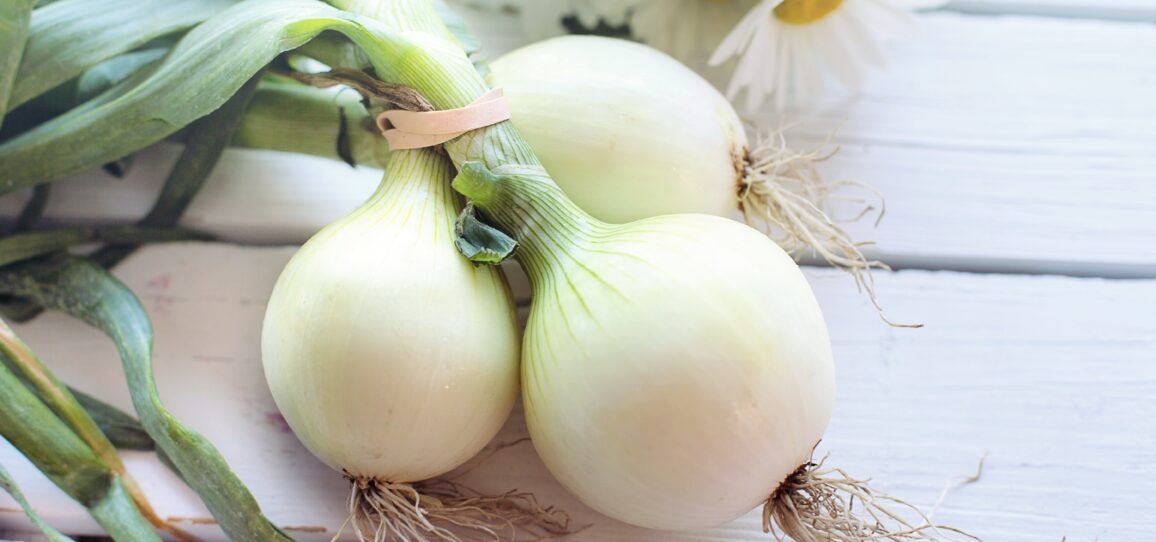
DOING SOMETHING DIFFERENT
The third step, Karpas, consists of dipping a vegetable in salt water. (Customs vary as to which vegetable is used. In some communities a piece of onion or potato is taken, while others use parsley.)
As stated in step two, Urchatz, the reason we do this is to make this night seem unusual and different to our children. Passover is all about transcending the routine order of our lives.
More specifically, by dipping a vegetable at the beginning of the Seder, we provoke the children to ask, “Why? Why are we doing something that we never do at any other Holiday meal?” And once the child asks this first question, he or she is introduced into the mood of asking questions.
As stated in the introduction, the entire Seder revolves around the children asking questions.
THE CHILD IN US
In truth, as already indicated above, the “child” that we are trying to provoke and inspire also includes the child within us. To arouse that child we must do things differently. Otherwise, the child will not be inspired for, sadly, we get bored so very easily.
The notion that on Passover we must change course and do things differently is alluded to in the name Karpas, which the Avudraham, (a medieval authority of Jewish law and custom) says is a composite of two words: “Samach Perech.” The word Perech denotes tortuous, backbreaking labor; Samach means 60, an allusion to the 600,000 (60 times 10,000) Jews that were subjected to this type of torture.
What exactly was so tortuous about their labor? The Talmud explains that the Egyptians subjected the Israelite slaves to psychological torture by forcing men to do women’s work and women to do men’s work. In other words, the oppressors forced us to change our way of doing things by going against our nature.
PARALLELISM
Kabbalah teaches us that every negative phenomenon is matched by a parallel positive one, and vice versa. This teaching is based on the verse in the Biblical book of Koheles (Ecclesiastes) in which King Solomon states: “One opposite the other G-d made.”
It thus stands to reason that if our slavery involved going against our nature, so too, should it be the pathway to our liberation. We must transform and channel the methods the Egyptians employed to persecute us into a powerful liberating energy.
Instead of being forced to go against our nature as slaves to a tyrannical power, we voluntarily and joyfully change the course of our own spiritual life, by jumping over the stumbling blocks that keep us from progressing.
TRANSCENDENCE AND THE CHILD WITHIN
At this point, there seem to be two distinct explanations for doing these differently this night. The first is to express the transcendent nature of Passover. The second is to pique the curiosity of the children and the child within us – so they will begin to ask these important questions.
Upon deeper reflection, we can see that these two explanations intersect.
Our personalities are multi layered. We have the conscious, structured levels of our personality and we have the less accessible inner superconscious and transcendent part of our soul.
These two dimensions are the adult and child dimensions of our soul, respectively. Our conscious rationality covers and often obscures the childlike innocence and transcendence that we have embedded deep within our psyche.
On the night of Passover, we act in a transcendent manner to awaken the transcendent aspect of our personality—the child within.
The questions we ask are not simply based on our need to have answers. The questions themselves enable us to rise above the conventional approaches to the Seder. The questions provoked by doing things differently are what keep us from being limited by the rational exercise that is the Seder.
The Seder was not meant to limit us; rather its objective was to elicit the transcendence of our child, and to channel it into the framework of our structured system of logic.
THE APPETIZER
Another simple reason given as to why we dip the vegetable into salt water is given by Rabbi Reuvein Margolies (a twentieth century scholar) that it is intended as an appetizer to whet our appetite for the Matzah and other Seder items.
How do we reconcile this with the foregoing explanation that the dipping is intended to stimulate the child when he or she sees that we are doing something differently?
It may be suggested that whetting our appetite has two layers of meaning. On the most basic level it is meant literally. It is a Mitzvah to eat the Matzah with relish and eating the “appetizer” will contribute to that end.
On a higher level, however, the idea of eating an appetizer is meant spiritually. We must whet our appetite and arouse our sense of curiosity to learn more about the Seder and Passover in general. Dipping the vegetable is intended to arouse the childlike inquisitive nature of those attending the Seder—whether they are children in the chronological sense or not.
SALT WATER TEARS
It has been suggested that the salt water was intended to remind us of the tears our ancestors shed as slaves. Tears are usually associated with intense emotional pain.
This, too, ties in with the general idea that the slavery to which we were subjected was more than just physically painful; it was also emotionally painful because it forced our ancestors to go against their very nature.
SELF NULLIFICATION
On a deeper level, the idea of dipping is related to the idea of self-nullification. Indeed, both the word for dipping (Tibul) and the concept of dipping are related to the idea of self-nullification, which in Hebrew is Bitul. The letters of the word Tibul, when rearranged, form the word Bitul.
When we dip something into something else we indicate that we want to surrender the taste of one thing to the taste of the other. Dipping therefore symbolizes self-abnegation.
This process of self-nullification is a necessary prerequisite for going out of exile. Exile is not just subservience to another person or an external tyrant like
Pharaoh; it is about allowing ourselves to become alienated from our true inner selves.
In Exile we follow a self-centered passion for people, ideas and things contrary to our true, inner desire to be connected to G-d. Anything that takes us away from fulfilling this deepest desire of our souls is bondage. One can truly be said to be a slave to one’s desires and habits that are destructive and go counter to what we really are all about deep down.
It is fascinating to discover that the Hebrew word Karpas is the same as the three words from Isaiah that describe the Messianic Age: כמים לים מכסים. These words appear at the end of the verse: “And the earth will be filled with the knowledge of G-d as the sea bed is covered with water.”
These words describe the age in which we will be completely immersed—Tibul—in the waters of knowledge. We will then experience total freedom because we will be completely immersed in and subordinate to a
Higher reality.
INTERWOVEN
Upon reflection, we see that all of these interpretations are interwoven. When we change direction and begin to do things differently it represents a departure from our ingrained habits that reinforce our ego’s influence over us.
When we remove the stifling influence of our habits and our ego’s desires, we uncover the intrinsic and pure feelings of the soul—the child within us.


